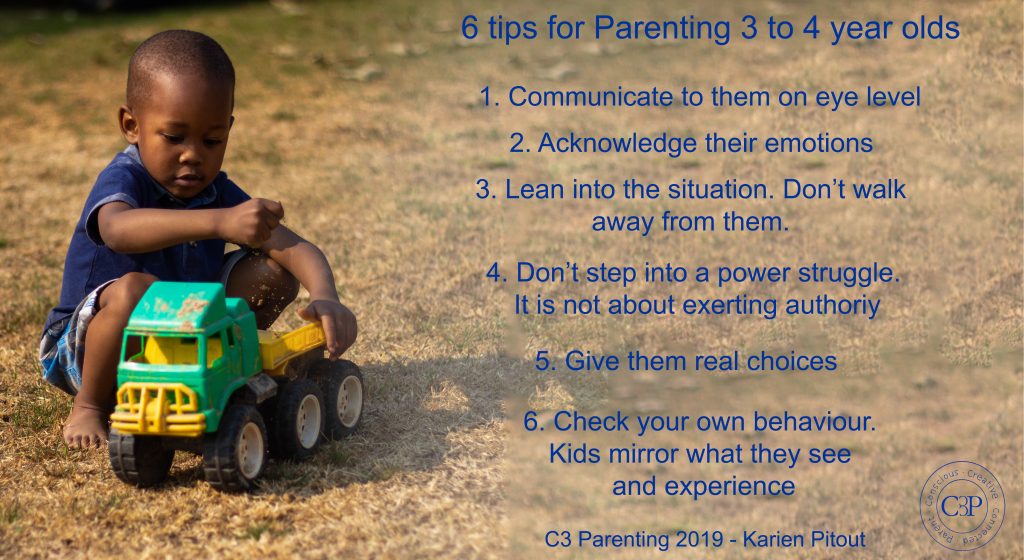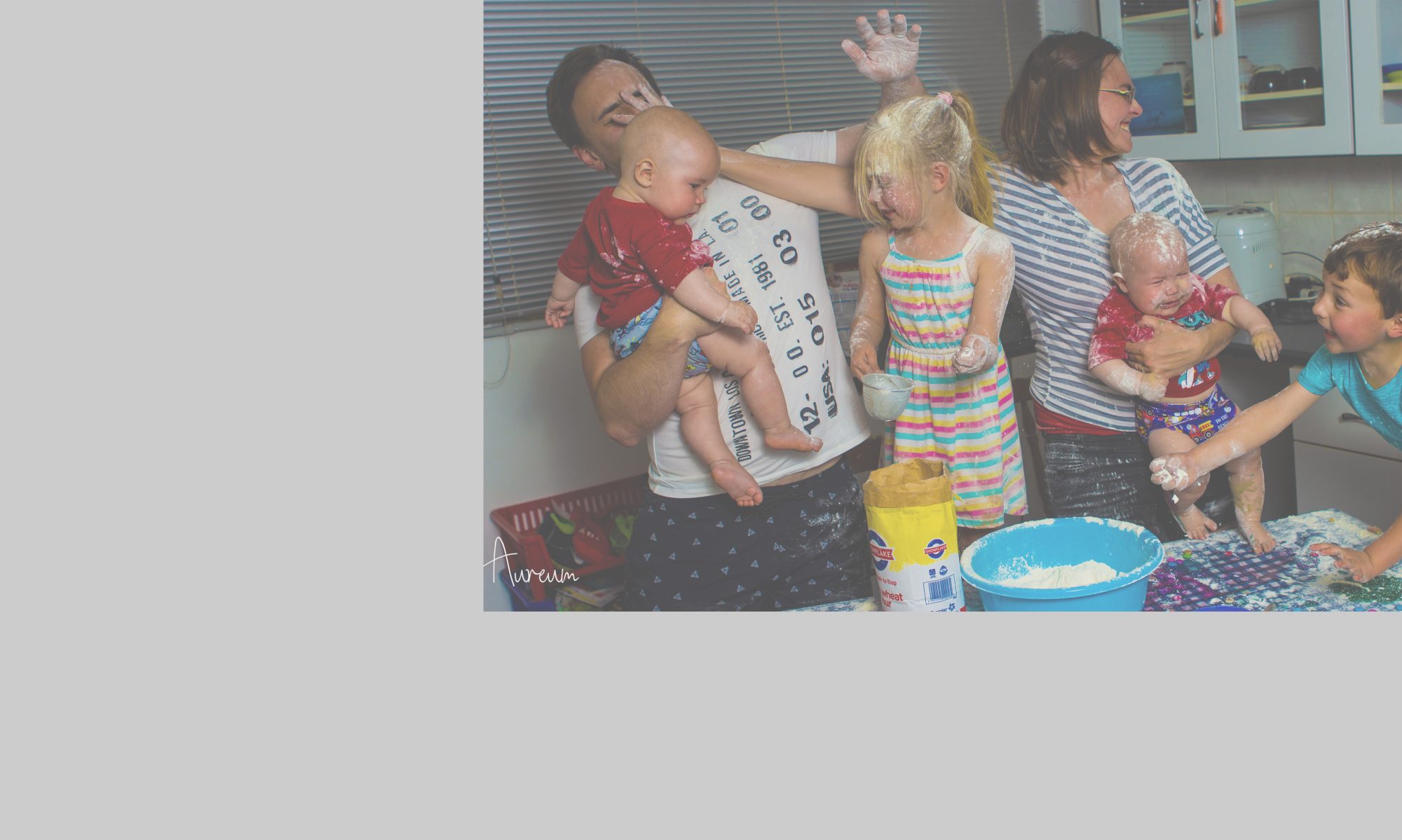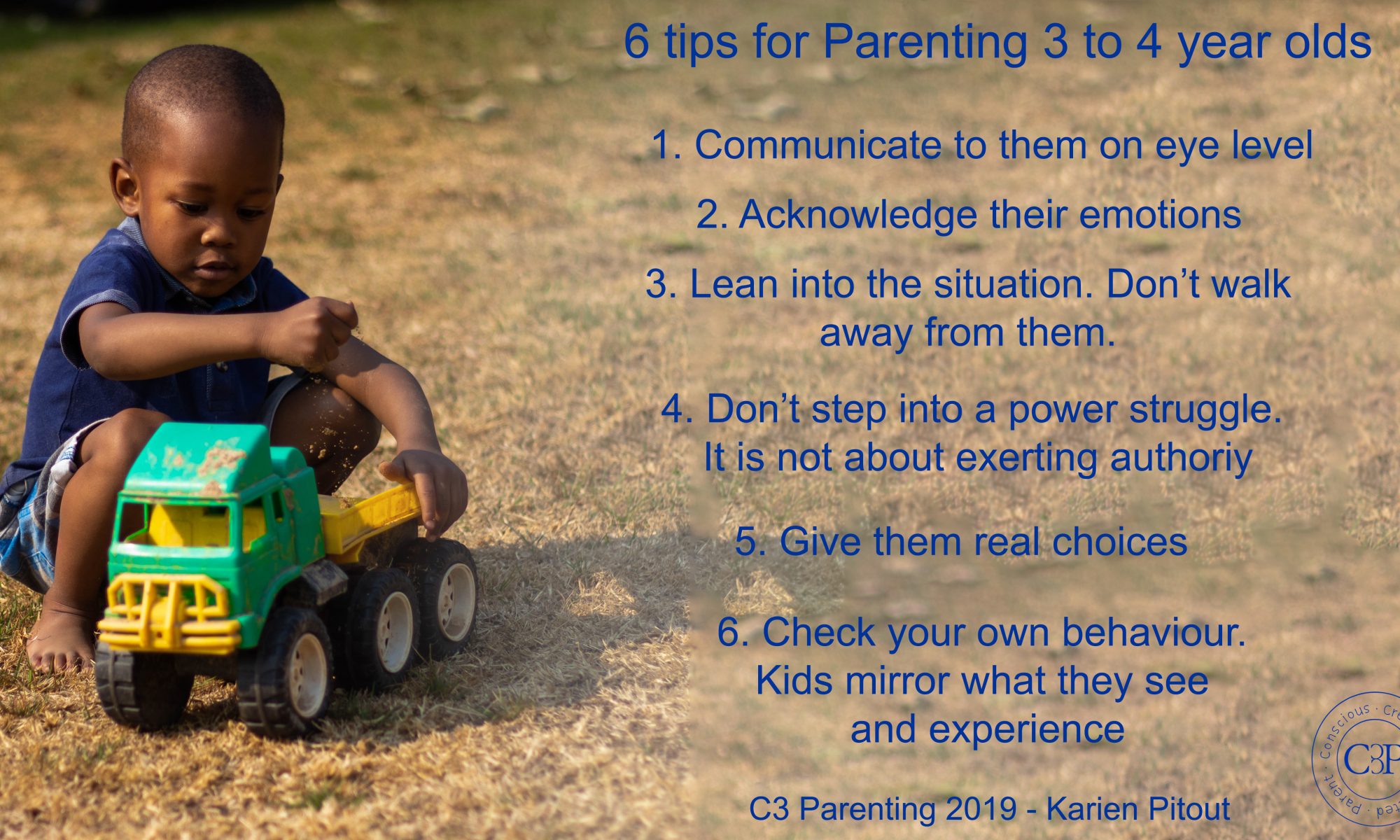Parenting a three and four year old is pretty intense. They are the concentrated essence of their being, their personality and everything in the world. This age is when they mirror us as parents the most. This is the age where they start whining (which is a good thing) pushing harder on boundaries and become bossy. This is the age where it feels as if you want to give up on parenting all together.

Each age has their moments, however it feels as if these two years are the longest and toughest years a parent will ever have to parent. These years creates in us the everlasting fear of the teenage years. They are not called threenagers for nothing.
At this age your child has basically completed a very big developmental leap. At the age of 18 to 24 months their brain disconnects the idea that, the primary caregiver and they, are one and the same person. The physicality of their being is now two entities. Only at the age of 7 does it dawn on them that they do not share a brain with their primary caregiver or anyone else for that matter. From age 2 years to approximately 2.5 to 3 years, this discovery is what they focus on. So they will start to experiment with independence in play, always using the primary caregiver as a homing beacon.
At about age 3, they finally made their peace with this, and now can focus on other developmental needs and leaps. Now they are focused on learning about emotional control, authority and delayed gratification. (Just remember impulse and emotional control is only starting to develop now. It is the part of the brain that develops the slowest and is estimated to be only fully developed at the age of 25 https://web.stanford.edu/group/sparklab/pdf/Tarullo,%20Obradovic,%20Gunnar%20(2009,%200-3)%20Self-Control%20and%20the%20Developing%20Brain.pdf )
These skills takes time to develop and practice. They look to their parents for guidance on how this will look and they try to mimic everything we do. Their frustration levels is through the roof. Have you ever looked at something being done, try it yourself and it just did not work out? This is a constant for them. They can see how things are suppose to work, from social interaction to engaging with the material world, but the result is just wrong more often than not.
They get frustrated because we just don’t seem to get what they want and they struggle mid-frustration to use their words, just like us. So they scream and whine and cry. Whining is a sign that they are trying to override their emotions to interact with their rational brain, where they have a better command of words and better control of their body. It takes time, be patient with them and yourself.
So how do we parent through the emotional outbursts and the whining? The feeling of constant push back and willfulness?
6 Tips for parenting 3 and 4 year olds
1. Eye level:
It is so important to remember to go down to your child’s eye level and engage with them there. A towering person, feels threatening and increases the hormonal output of fight or flight. Make the effort to look them in the eyes when talking with them. First it is less scary and secondly it invites them into a conversation, instead of a confrontation.
2. Acknowledge their emotions:
Nothing is more empowering than knowing that your emotions are recognised, respected and valid. Help them through it with support, recognition and being present. Emotions are nothing to be scared of, if you run away from their emotional expressions, you are telling them that their emotions are bad and should be feared. That in itself stunts the developmental process they are engaging with.
3. Lean into the situation:
This is contrary to how most of us were raised. We were raised that negative emotions and expressions in behaviour should ostracize the person expressing them. They should remove themselves until they feel better or can better express themselves. This is not healthy. Yes you can move your child away from a public setting, but only to help them work through what they are experiencing and feeling. Never leave your child alone to work through these big emotions. Try to remain unruffled and matter of fact.
Things you can say:
“I am moving you to a different room, so that you can work through your emotions with me.”
“ I am not scared of how you are feeling, you are safe”
“I am with you”
“I love you”
“This is big emotions. I sense You feel frustrated” – (whatever emotion you can pinpoint at that particular point in time)
4. Don’t step into the power struggle:
Power struggles are only effective if there is two people in the struggle. Your child is trying to determine their own authority and abilities. There is no need, nor will there ever be a need to try and prove who is in control. The moment you as the parent start arguing with your child about who is in control, your child is in control of the situation. If you lean into the emotional expression and just calmly keep your boundary, there will not be a power struggle. The moment you feel like you have something to prove or have something to lose, that is when you stepped into the power struggle. In a power struggle no-one wins. Children find security in the calmness of the parent.
5. Give them real choices:
Children this age wants more autonomy. Giving choices, that are real choices for autonomy, will help navigate this learning curve. Real choices are important. A real choice is where no matter what they choose, their choice cannot and will not be overridden or punished. If the choices you give your child is choices that ends in a situation where you as the parent will have to override the choice or one of the options given is punitive, the choice becomes manipulation instead of empowerment. Ie Real choice: “We are going to a park with thorns. Would you like to put your shoes on now, or when we get there?” Manipulation “Put on your shoes or we don’t go to the park.”
6. Check your own behaviour:
This is the toughest one for parents to embrace. We are our children’s main sphere of information. They look to us for the “how, when, where and why” of behaviour. If your child speaks rudely or bossy to you, chances are that you have been speaking to your child and other that way for a while now. Children in this age group start to experiment with authority. Where do they learn how authority is expressed and engaged with? From you as the parent. So check yourself. Check how you speak to them. How often do you ask them to wait before you engage with them? How do you say no? If your behaviour has been dismissive and abrupt, go apologise to your child and admit it. Tell them you will try to pay attention to how you speak to them. They will internalize that apology and start checking their own way of doing things.
Lastly, give your child space to grow and learn.
Parenting is messy and fun. Enjoy it, learn and grow in it.
3,431 total views, 2 views today


